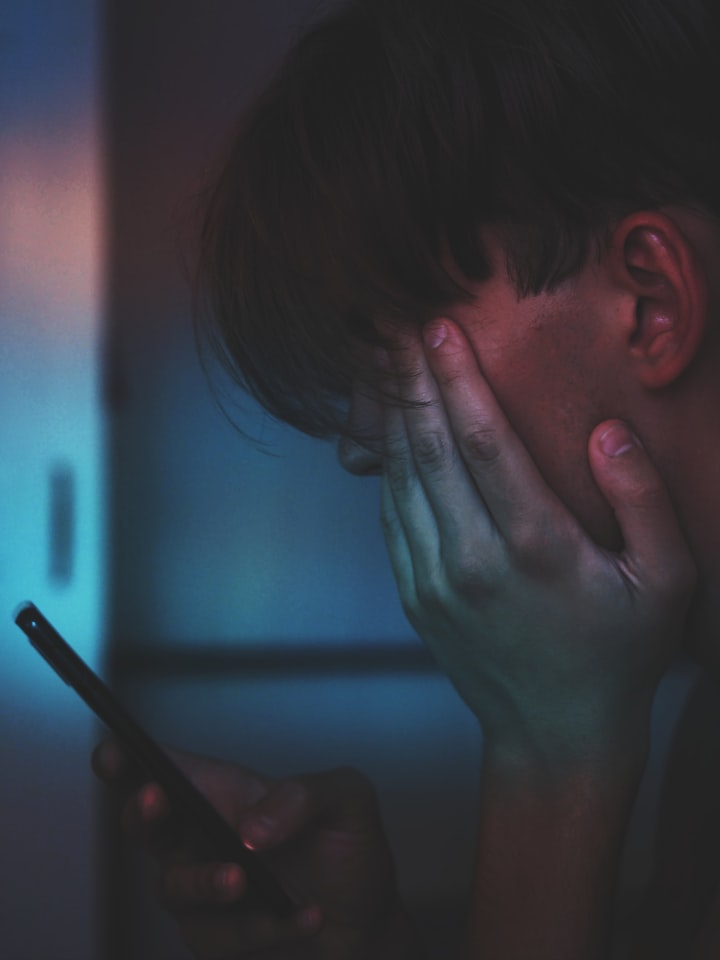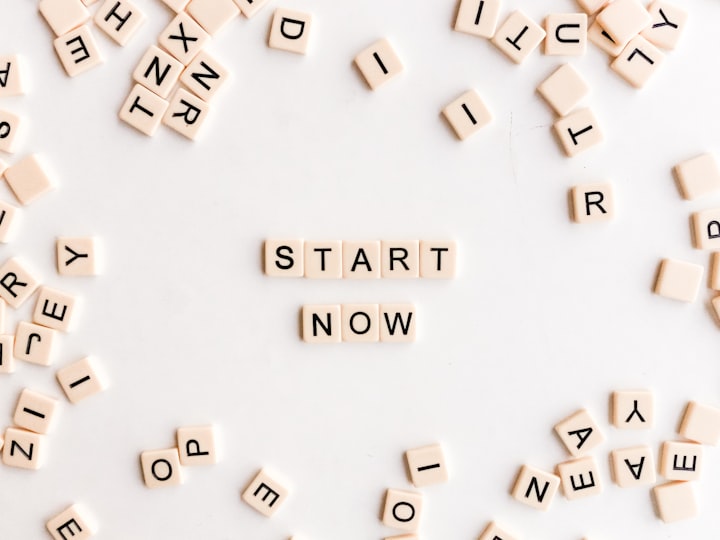
In the digital age, social media platforms have become integral parts of our lives. They have transformed the way we communicate, connect, and consume information. But have you ever stopped to consider the psychology behind our obsession with social media? Why do we compulsively check our feeds, feel joy or envy when scrolling through other people's lives, and why is it so hard to put our devices down? In this comprehensive guide, we'll delve into the fascinating world of the psychology of social media.
Table of Contents
1. The Dopamine Dilemma
• How Likes and Notifications Trigger Dopamine
• The "Slot Machine" Effect
2. Social Comparison and Envy
• The Impact of Idealized Self-Presentation
• Coping with Envy
3. FOMO: Fear of Missing Out
• Understanding FOMO
• Strategies to Combat FOMO
4. The Filter Bubble
• How Algorithms Shape Our Online Experience
• Escaping the Echo Chamber
5. Addiction and Mental Health
• Signs of Social Media Addiction
• The Link Between Social Media and Mental Health
6. The Illusion of Connection
• Online vs. Offline Relationships
• Nurturing Authentic Connections
7. The Role of Self-Esteem
• Social Media's Impact on Self-Worth
• Building Healthy Self-Esteem
8. FAQs: Your Burning Questions
• How do I break free from social media addiction?
• Can social media be a force for good?
• Is there a healthy way to use social media?
The Dopamine Dilemma
How Likes and Notifications Trigger Dopamine:
Dopamine, often referred to as the "feel-good" neurotransmitter, plays a significant role in our social media addiction. Each time we receive a like or a notification, our brain releases a hit of dopamine. This reward system keeps us coming back for more, as we chase that pleasurable feeling associated with validation and recognition.
The "Slot Machine" Effect:
Social media platforms are designed to be addictive. They employ what's known as the "slot machine" effect, where you pull the lever (scroll) with the hope of hitting the jackpot (a like, comment, or share). The unpredictability of these rewards keeps us glued to our screens, compulsively refreshing our feeds.
Social Comparison and Envy
The Impact of Idealized Self-Presentation
People tend to present idealized versions of themselves on social media. They curate their lives to showcase only the best moments, creating an unrealistic standard. When we compare our own lives to these carefully crafted profiles, it can lead to feelings of inadequacy and envy.
Coping with Envy
To combat envy on social media, it's essential to remind yourself that what you see is a curated snapshot, not the full picture. Focus on your journey, practice gratitude, and limit your exposure to accounts that consistently trigger negative emotions.

FOMO: Fear of Missing Out
Understanding FOMO
FOMO is the anxiety-driven fear of missing out on something exciting or important happening on social media. It compels us to constantly check our feeds to stay in the loop, even at the expense of real-life experiences.
Strategies to Combat FOMO
Combatting FOMO involves setting boundaries, practicing mindfulness, and prioritizing offline connections. It's about recognizing that missing out on some online events is a small price to pay for a more balanced and fulfilling life.
The Filter Bubble
How Algorithms Shape Our Online Experience
Social media algorithms use data to show us content they think we'll engage with. While this can enhance user experience, it also creates filter bubbles, where we're exposed mainly to information that aligns with our existing beliefs, potentially limiting our perspectives.
Escaping the Echo Chamber
To break free from the filter bubble, diversify your social media feed, actively seek out different perspectives, and critically evaluate the information you encounter. Engaging in civil discourse with those who hold opposing views can also broaden your horizons.
Addiction and Mental Health

Signs of Social Media Addiction
Social media addiction manifests through symptoms like spending excessive time online, neglecting responsibilities, and withdrawal symptoms when not online. If you suspect you're addicted, seeking professional help is crucial.
The Link Between Social Media and Mental Health
Research suggests a complex relationship between social media and mental health. While it can exacerbate issues like anxiety and depression, it can also provide valuable support networks and resources. It's essential to strike a balance and use social media mindfully.
The Illusion of Connection
Online vs. Offline Relationships
Online relationships, while valuable, often lack the depth and intimacy of face-to-face interactions. Recognizing this distinction helps us maintain a healthier perspective on the value of social media connections.
Nurturing Authentic Connections
To foster genuine connections, allocate time for in-person interactions, practice active listening, and be authentic online. Building meaningful relationships requires effort both online and offline.
The Role of Self-Esteem
Social Media's Impact on Self-Worth
Social media can influence self-esteem, as we often measure our self-worth based on likes and validation. This external validation can be fleeting and unreliable.
Building Healthy Self-Esteem
Focus on building self-esteem from within by setting personal goals, pursuing hobbies, and seeking validation from meaningful real-life relationships. Remember, your worth isn't determined by social media metrics.
FAQs: Your Burning Questions
How do I break free from social media addiction?
Breaking free from social media addiction starts with self-awareness. Set clear boundaries, limit screen time, and consider seeking support from professionals or support groups if needed.
Can social media be a force for good?
Absolutely. Social media can be a powerful tool for education, activism, and connecting with like-minded individuals. It becomes a force for good when used consciously and responsibly.
Is there a healthy way to use social media?
Yes, you can healthily use social media. Define your purpose for using it, set time limits, curate your feed mindfully, and prioritize real-life experiences and relationships.

About the Creator
Bluepicks
Just some Indian Stuffs






Comments
There are no comments for this story
Be the first to respond and start the conversation.